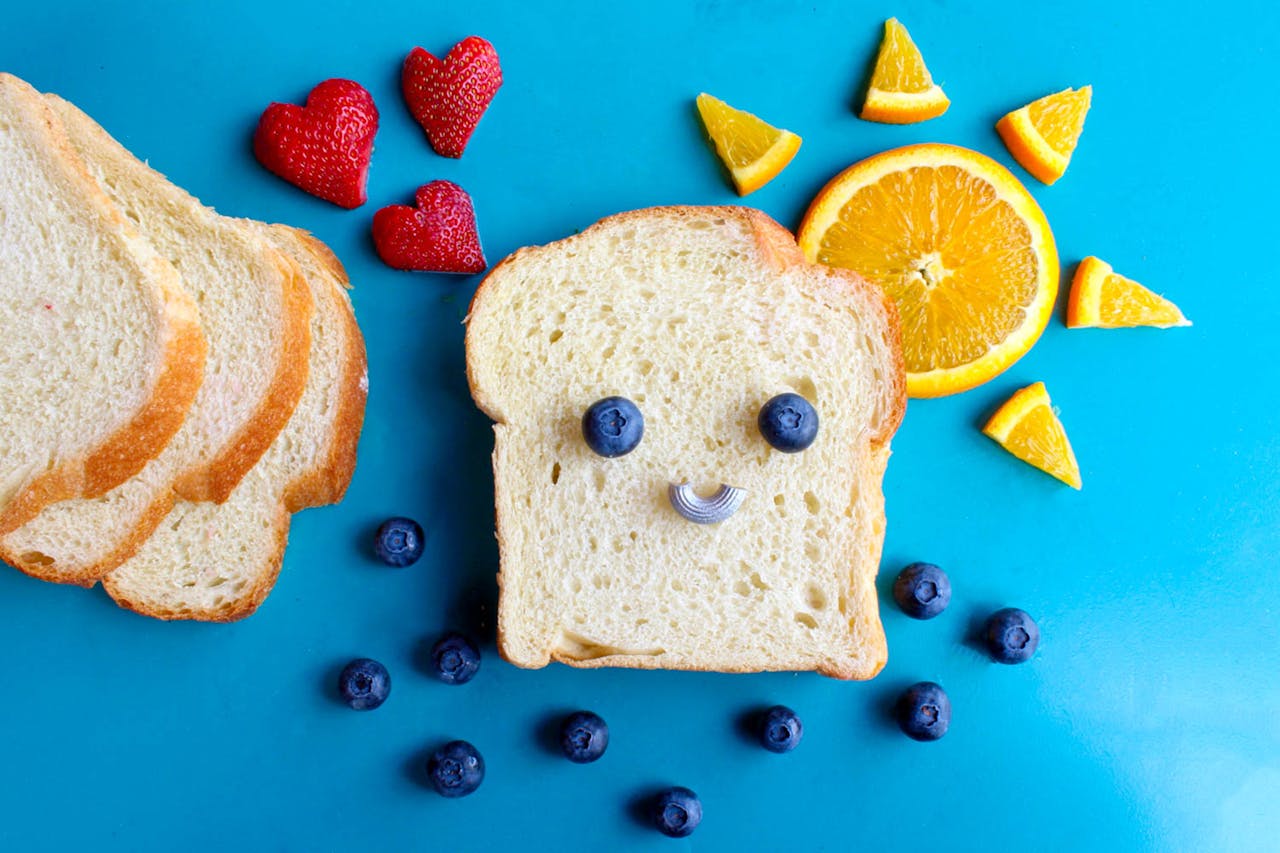Best Breakfast Ideas for Stage 2 Kidney Disease
Navigating dietary changes with stage 2 kidney disease can feel overwhelming, especially when it comes to the first meal of the day. However, a kidney-friendly breakfast doesn't have to be bland or restrictive. In fact, it's an opportunity to fuel your body with delicious and nutritious options that support your kidney health. This guide offers some of the best breakfast ideas tailored for individuals managing stage 2 kidney disease, ensuring you start your day right.
Understanding Dietary Needs in Stage 2 Kidney Disease
Before diving into specific recipes, it's crucial to understand the general dietary recommendations for stage 2 kidney disease. While individual needs may vary, common considerations include managing sodium, potassium, and phosphorus intake, as well as ensuring adequate, but not excessive, protein. Fluid intake might also be a factor. Consulting with a registered dietitian specializing in renal nutrition is always recommended to create a personalized meal plan that aligns with your specific health needs and lab values. Keeping these considerations in mind will help you make informed choices when exploring best breakfast ideas.
Delicious and Kidney-Friendly Breakfast Options
Here are some best breakfast ideas that can be incorporated into a kidney-friendly diet:
- Oatmeal with Berries and Almond Milk: Oatmeal is a good source of fiber and can be a comforting way to start the day. Choose unsweetened almond milk over dairy milk to help manage phosphorus levels. Top with a handful of berries like blueberries or strawberries, which are lower in potassium than some other fruits. You can also add a sprinkle of slivered almonds for a bit of healthy fat and crunch. Ensure your portion size of oatmeal is appropriate for your individual dietary plan.
- Egg White Scramble with Spinach and Bell Peppers: Eggs can be a good source of protein. Opting for egg whites helps to limit phosphorus intake. Sauté some spinach and bell peppers (which are relatively low in potassium) and add them to your egg white scramble for extra nutrients and flavor. Avoid adding cheese or processed meats, which can be high in sodium and phosphorus. This is one of the versatile best breakfast ideas that allows for vegetable variations.
- Whole Wheat Toast with Avocado and a Drizzle of Olive Oil: Whole wheat toast provides fiber, and avocado offers healthy fats and is relatively low in sodium. A drizzle of olive oil adds more healthy fats and flavor. Be mindful of portion sizes for the avocado due to its potassium content, and choose whole wheat bread over white bread for added fiber. This simple option is among the quick best breakfast ideas.
- Smoothies with Kidney-Friendly Fruits and Vegetables: Smoothies can be a convenient and delicious way to get nutrients. Use a base of unsweetened almond milk or rice milk. Incorporate kidney-friendly fruits like apples, pears, or grapes. You can also add small amounts of low-potassium vegetables like cucumbers or kale. Consider adding a scoop of unflavored, low-protein protein powder if recommended by your dietitian. Remember to monitor your overall fluid intake. Exploring different combinations makes smoothies one of the more adaptable best breakfast ideas.
- Cream of Wheat with Pear Compote: Cream of wheat can be a warm and easily digestible option. Prepare it with unsweetened almond milk or rice milk. Instead of adding sugar, top it with a homemade pear compote (peeled pears cooked gently with a touch of cinnamon). Pears are a good choice for individuals with stage 2 kidney disease due to their lower potassium content. This offers a comforting choice within the spectrum of best breakfast ideas.
- “I’m tired of the same bland breakfasts.” Variety is key! Experiment with different kidney-friendly fruits, vegetables, and flavorings like herbs and spices (avoiding high-sodium options). Get creative with smoothie combinations or try different ways of preparing eggs. Look for kidney-friendly recipes online or ask your dietitian for new ideas.
- “Breakfast is hard when I’m rushing in the morning.” Prepare components of your breakfast in advance. You can chop fruits and vegetables the night before, or make a larger batch of oatmeal that can be reheated. Smoothie ingredients can be pre-portioned into freezer bags. Quick options like whole wheat toast with avocado are also good for busy mornings.
- “How can I make sure I’m not getting too much potassium or phosphorus at breakfast?” Pay attention to portion sizes and be mindful of the potassium and phosphorus content of common breakfast foods. Use resources like the USDA FoodData Central database or consult with your dietitian to understand the nutrient content of your choices. Opting for lower potassium and phosphorus alternatives, like almond milk over dairy milk or egg whites over whole eggs, can make a difference.
- “I have a sweet tooth – are there any kidney-friendly sweet breakfast options?” Focus on naturally sweetening your breakfasts with fruits. A small drizzle of pure maple syrup or honey can be used sparingly if your blood sugar is well-controlled and your dietitian approves. Avoid processed sugary cereals, pastries, and sweetened beverages. The pear compote mentioned earlier is a good example of a naturally sweeter option among the best breakfast ideas.
- “What if I don’t feel hungry in the morning?” Even if you don't have a large appetite, try to eat something small and nutritious. Skipping breakfast can lead to poor energy levels and may not be beneficial for managing your overall health. A small smoothie or a piece of fruit with a slice of whole wheat toast can be a good starting point. Talk to your doctor or dietitian if you consistently experience a lack of appetite.

